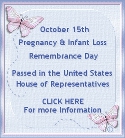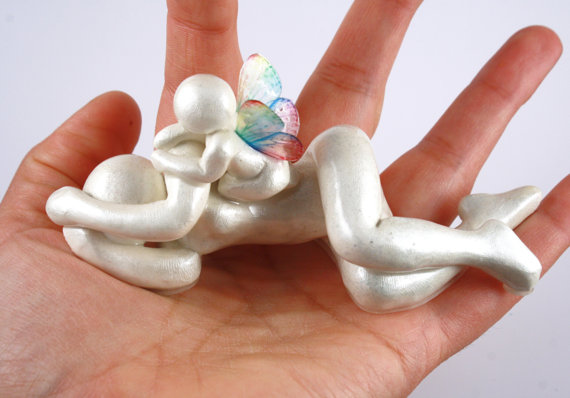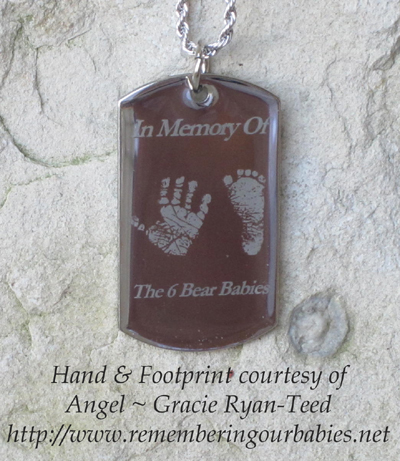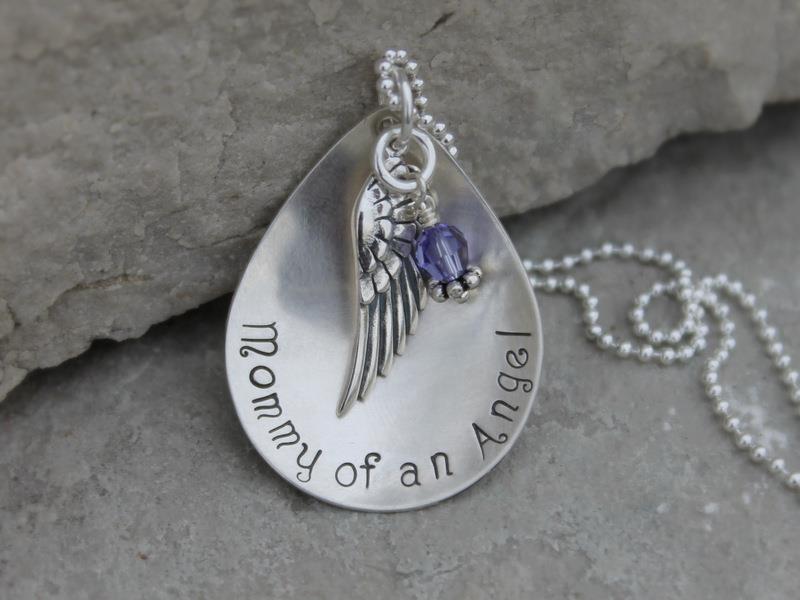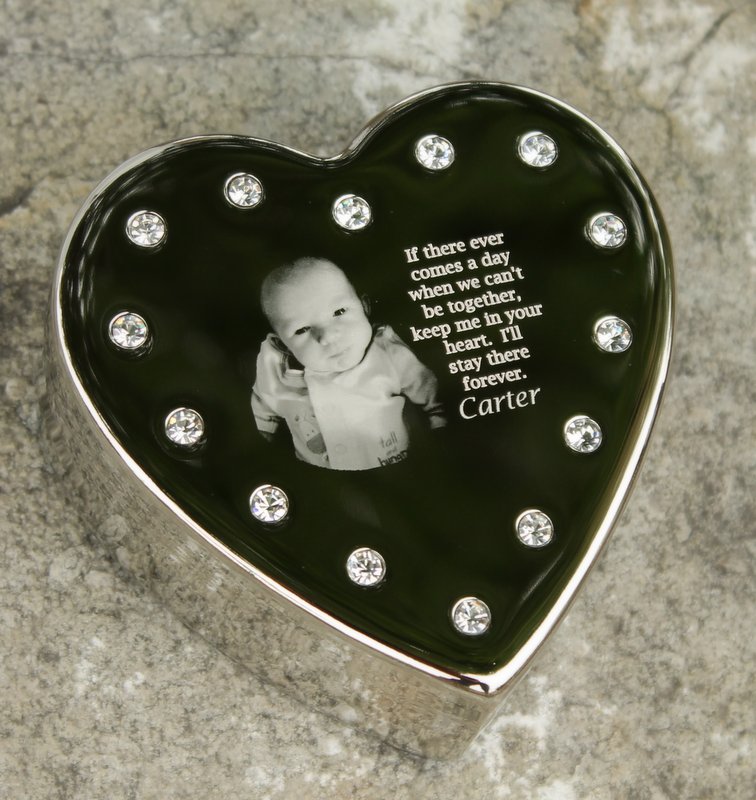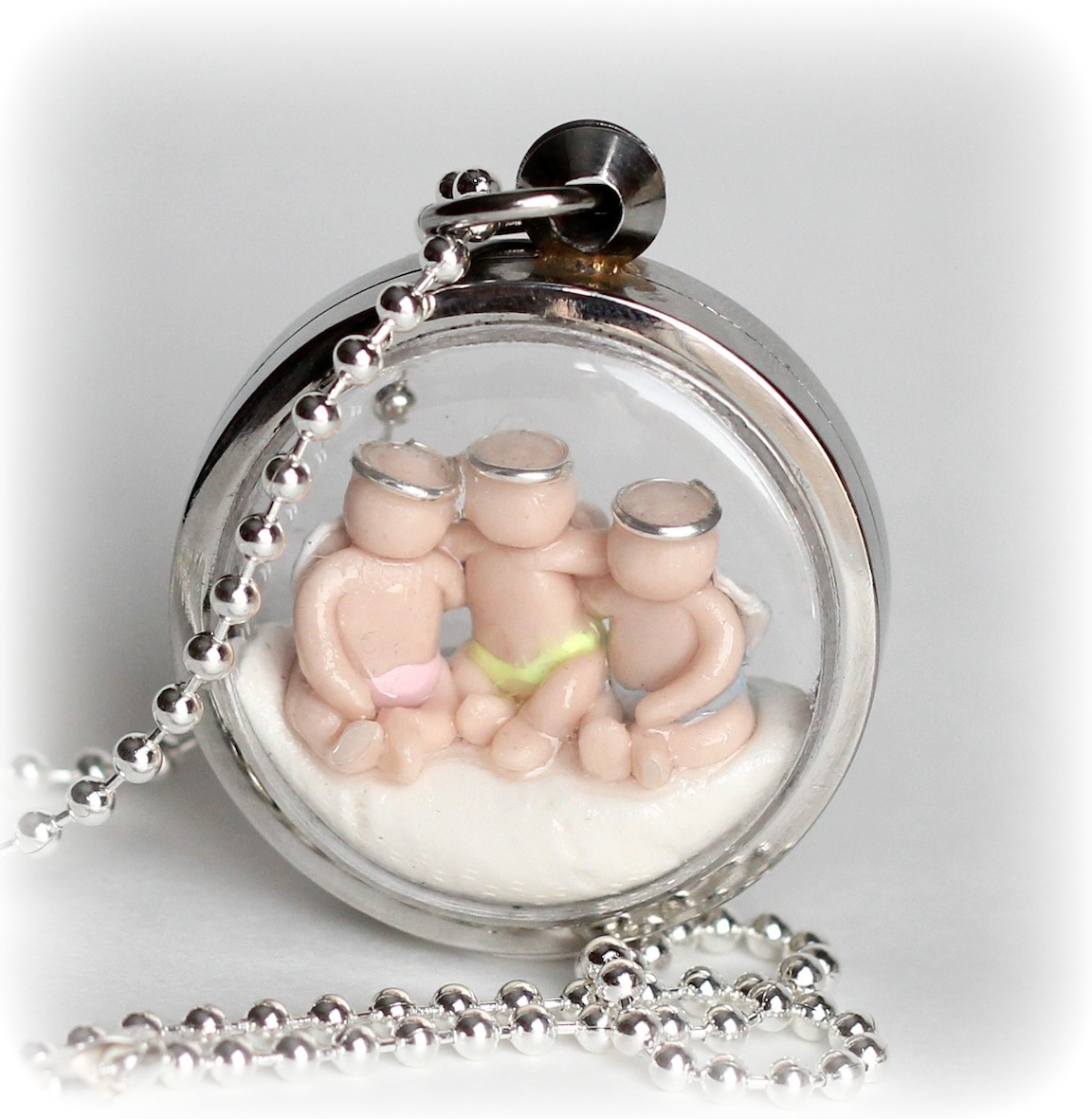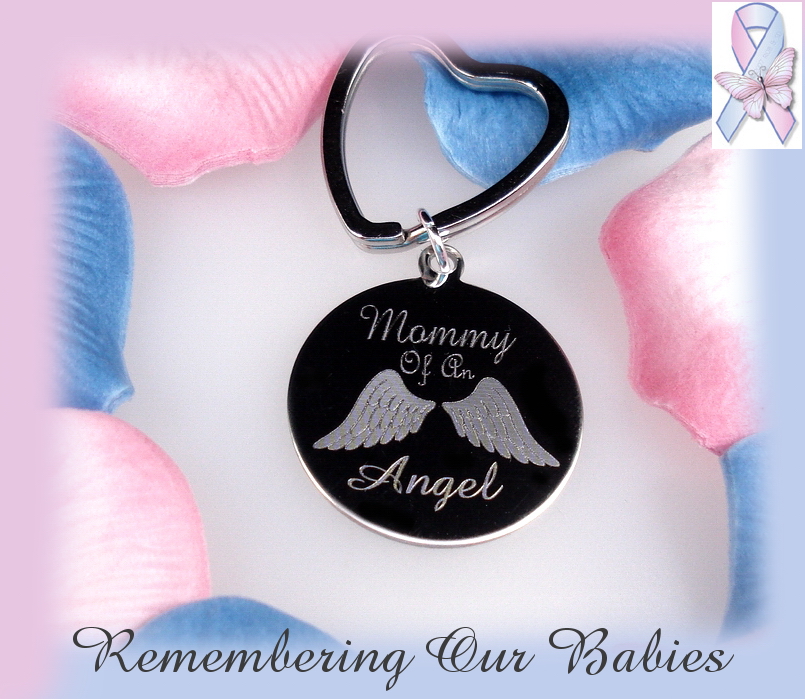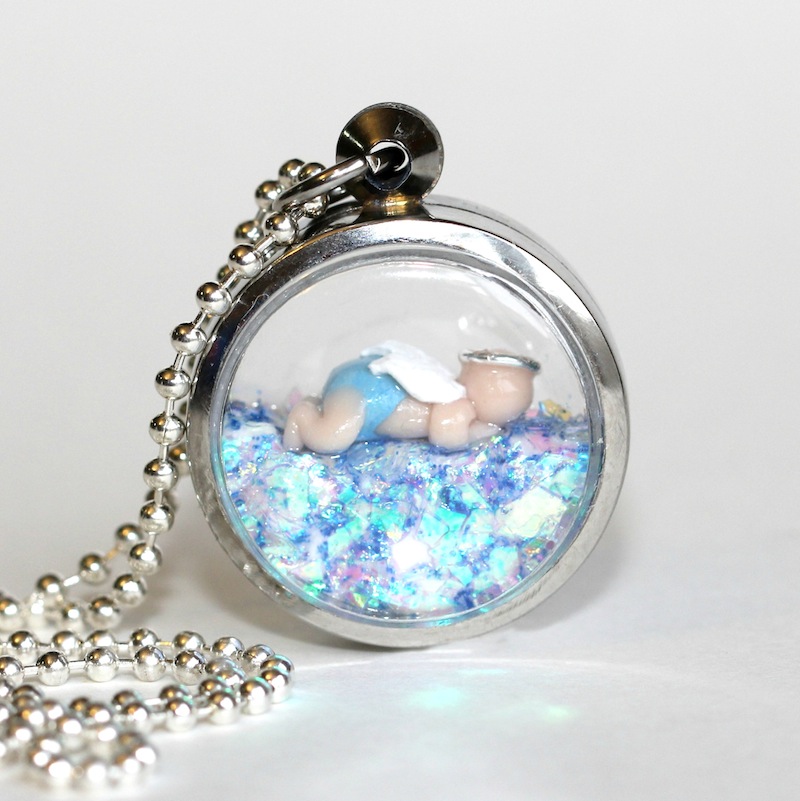Coping with Grief
It all starts as a dream. You have decided you want to have a baby. You dream of how it will feel to have a baby in the house, picture what you will do for it’s room, but it is still a dream. What you hope for.
Then the day arrives! You find out that you are pregnant. Hooray! The dream has become a reality. You are going to the doctor, making plans. There is a little life growing inside you – your child.
Now you have the reality of your dream – a baby. And more dreams! Will it be a boy or a girl? You immediately start thinking of names. What will he/she look like?
We all know what is supposed to happen next. Having a healthy baby, of course. Yet, that doesn’t always happen. Whether through miscarriage, stillbirth, newborn death, or SIDS some of us lose our babies. It is a shattered dream, and it is a shattered reality.
You have to deal with the loss of your hopes and dreams, and with the loss of your child. This is no easy task. Your child has died. That is the most devastating loss to any parent. You have also lost your dreams for that child.
How to deal with it all is the biggest question. You will need to go through the grief process. Feel what you need to feel. Most importantly, get a support system. That is, people you can talk to openly about what has happened to you (family, friends, support group).
Someday, the pain will ease. You will always love your baby, and you will never forget him or her. Just remember, you are not alone.
© 1998 Tammy Novak, president and founder,
Angel Babies Forever Loved, Inc.
What is grief?
Grief is the combination of sorrow, strong emotion, and the resulting confusion that comes from losing someone important to you. Not only do you mourn the loss of that person, but you mourn for yourself.
What does grief feel like?
Grief can feel like many things. Just after a death has occurred, it is very common for you to feel numb and as if you were in shock. This is how your body instinctively reacts to pain. You may experience some of the following physical sensations:
Tightness in the chest or throat, difficulty breathing, irritability to noise, the feeling that nothing is real, muscle weakness, lack of energy, dry mouth, or trouble sleeping and eating.
This is a good time to check with your own physician, especially if any of these conditions seem overwhelming or persist.
You may also find yourself searching for your loved one. The forms of searching may range from dreams that seem as real as life, all the way to hallucinations caused by familiar sounds, smells, and sights. These may come when you least expect them, ca using you to be caught off-guard and unprepared. This searching is normal, and is an important part of adjusting to your loss.
What is bereavement?
Bereavement is the process of grieving. This process is different for each person, although every person will experience similar states. The time that it takes to progress through bereavement is also unique to each person. It is common for intensive bereavement to last anywhere from six months to two years. Your life will never be the same, but you will find a new inner strength identity–just give yourself time. Allow yourself to experience the loss.
The Strong Emotions
Part of the healing process involves a period of intense emotions. You must allow yourself to experience these emotions.
Anger
Anger is a common emotion following a death. You may find yourself angry at a situation, at a person in particular, or just angry in general. You will often find that you take out this anger on those closest around you. You cannot choose to be angry, but you can choose how to express it. Try holding an imaginary conversation with the person you are angry with, or write them a letter that only you need to see. What is making you angry with this person? Talk or write out all of your feeling about that person or situation. Understanding your anger is the first step toward dealing with it. Hit a pillow, kick a bed, play tennis, or scream if it makes you feel better! The experts claim that exercise is an excellent stress reliever.
Guilt
Whether rational or not, appropriate or not, almost everyone experiences guilt. Guilt can be triggered by almost anything, but usually comes under the heading of “I could have, I should have, I wish I would have…” Acknowledge guilt, by looking at each situation, write it down if you need to. If you feel your guilt is warranted, write an apology–even if you are the only one to read it. Vow to learn from your mistakes and move on.
Depression
Sometimes feelings of numbness and shock go on longer than the first few weeks. Although it is common to experience some of these earlier symptoms from time to time, it is not a good sign to have these symptoms constantly. Be sure to have at least one person that you can discuss your feelings with. Even better, join a bereavement group. Talk to your doctor about how you feel, and perhaps seek a counselor for further treatment. Call a crisis hotline if you ever feel that you may consider suicide.
When will I feel like I have healed?
Although it does not seem possible now, there will come a time in the future when you can think about your loved one with fond memories, and without any feelings of guilt, anger, or sadness. You will find that you have established new goals for yourself and a new pattern of life. This will come, you must just allow yourself time and give yourself permission to experience bereavement in its entirety.

